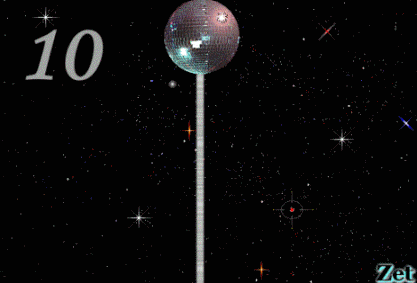Ramadan is the ninth month of the Muslim lunar year which is celebrated from beginning to end as holy. In fact, many regard it as the holiest time of the Muslim year. The principle outward characteristic of Ramadan is that Muslims are expected to fast all day, every day. Traditionally the times of fast are marked as whenever a white thread can be distinguished from a black thread. Once those threads can no longer told apart, eating is permitted.
Fasting during Ramadan is considered one of the Five Pillars, meaning it is one of the five most basic beliefs/acts which a Muslim has to do. However, it's not accurate to say that everyone simply goes without food or water - there are quite a few rules which apply to it. For one thing, a Muslim must consciously formulate the intention to fast as part of a rite. This is to prevent fasting from becoming an empty symbol which people don't give much thought to. The full formulation reads: "to fast tomorrow to acquit my duty towards God of fasting Ramadan this year."
EXEMPTIONS:There are all sorts of ways in which a person can be legitimately be exempted from fasting:
- Travelers, if the distance traveled is great
- If one feeds thirty poor people each day
The status of children is actually mixed. The youngest are not expected to fast, but as they get older they gradually begin fasting for more and more of the day until they are able to go the entire day without food or water without endangering one's health.
Although travelers and menstruating women can be exempted from fasting, they are nevertheless expected to make up the same number of missed days some time later in the year after Ramadan. Thus, they fast the same number of days as everyone else, but not at the same time.
Feeding thirty poor people each day is a technical excuse for avoiding the fast which everyone must observe, but it is rare for a rich person to actually use this exemption. It would be looked up very, very badly by the rest of the community and the rich person would probably lose much too much respect for it to be worthwhile.
FORBIDDEN:
There are also a number of things which would not otherwise qualify as food, but which are also prohibited:
- Putting drops in the eyes
- Saliva leaving the mouth and then reentering
The theological reason for abstaining from food, water and other things is to better learn the nature of personal limitation. It is believed that knowledge cannot be acquired unless a person can first learn his or her limits - then, and only then, can the true nature of something become evident. Muslims also believe that fasting during Ramadan allows them to purify themselves through a kind of sacrifice.
Because the Muslim calendar is lunar rather than solar, the month of Ramadan moves through the year. Thus, sometimes if falls during the winter when the days are shorter and fasting is easier but other times it falls during the summer when the days are longer and fasting is more difficult.
After the sun sets, Muslims break their fast first with a small meal and then, often, a larger meal later on in the evening. It is also common for Muslims to take a meal early in the morning before dawn, a meal known as suhur. There are musicians and others who volunteer to walk through town to wake people for this early meal.
SPECIAL DAYS:
There are a number of special days during the month of Ramadan which are considered special. They are:
- Battle of Badr: This was a key battle in the year 625 CE and which occurred on the 17th of Ramadan
- Retaking of Mecca: On the 19th of Ramadan in the year 630 CE it is believed that Muhammad manage to return and retake the city of Mecca from his opponents.
- Deaths: A number of important deaths occurred during the month of Ramadan: Muhammad's first wife, Khadija (10th) and both Ali and the eight Shiite Imam, Ali Reza (21st).
- Births: A number of important births also occurred during the month of Ramadan: Hussein (6th), who was later martyred and Ali (22nd).
- Laylat al-Qadr: This literally means "the night of power," and is celebrated on one of the last ten days during the month of Ramadan, but always on an odd numbered day. Tradition holds that on this night, the prayers of a sincere and devout Muslim are sure to be answered because it is believed to be the night when the Quran was first revealed to Muhammad. Many Muslims also believe that, on this night, the tree of Paradise is shaken and the names of all those who will die in the coming year can be found on the fallen leaves.
- Eid al Fitr: On this day a large feast is celebrated on the breaking of the fast of Ramadan, and is held on the first day of Shawwal, right after the month of Ramadan. Also called "Eid," on this day many elaborate dishes are served at banquet-like gatherings. Additionally, houses are decorated and gifts are exchanged.
ORIGINS:
It is possible that the obligation to fast during Ramadan comes from early injunction to fast on Ashura, the 10th day of the month of Muharram, which may have once been identical with the Jewish observance of the Day of Atonement. This obligation, however, was ended by the command to fast during Ramadan instead in the Quran verse 2:184.
The derivation of the name Ramadan is in some dispute. Many believe that it comes from the Arabic ramad, which means scorching, and is thus a reference to the idea that the fast "scorches" away human sins. Others argue that is simply means "high summer" and has no reference to the act of fasting. During pre-Islamic times the month of Ramadan was already widely celebrated as a month when Arabic tribes observed a truce from all hostilities.













